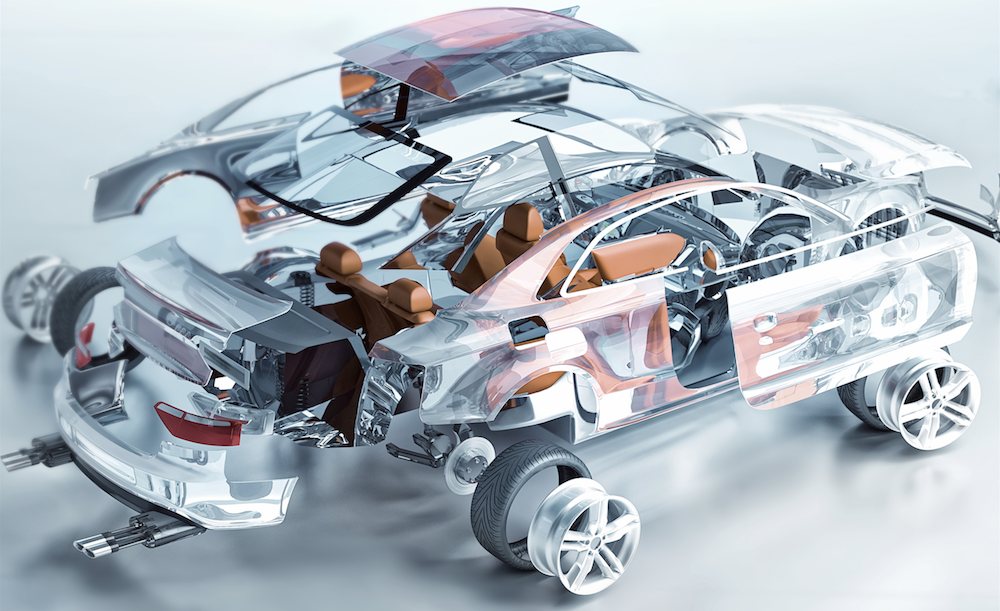In a world increasingly conscious of its carbon footprint and environmental impact, the recycling of polypropylene (PP) offers a beacon of hope. It’s not just about preserving natural resources but also about creating a sustainable future. This article dives into the compelling environmental benefits of PP Recycling and why it should matter to everyone.
Extending the Life of Valuable Resources
One of the most significant advantages of recycling polypropylene is the extension of the material’s lifecycle. Instead of being discarded as waste, PP can be reprocessed into new products, reducing the need to extract raw materials. This process conserves resources, such as petroleum, which is the primary component in the production of virgin PP. By recycling, we can significantly cut down on the extraction and refinement processes, which are not only resource-intensive but also environmentally damaging.
Through reusing polypropylene, industries can alleviate the pressure on natural resources, helping maintain ecological balance. It means fewer invasions into untouched lands for resource extraction, allowing ecosystems to remain undisturbed. With every ton of PP that is recycled, we contribute to a more sustainable use of our planet’s finite resources, ensuring they are available for future generations.
Reducing Greenhouse Gas Emissions
The production of virgin polypropylene involves considerable energy consumption and the release of greenhouse gases (GHGs). By recycling PP, we can substantially lower these emissions. The process of recycling uses less energy compared to manufacturing new PP from raw materials. This energy savings translates directly into reduced carbon emissions, which is crucial in the fight against climate change.
Incorporating recycled materials into manufacturing can lead to a significant decrease in the industry’s overall carbon footprint. By prioritizing PP recycling, industries play an active role in mitigating climate change impacts. This practice helps align with global initiatives aimed at reducing GHG emissions, contributing to healthier air quality and a more stable climate.
Minimizing Landfill Waste
Every year, millions of tons of plastic waste, including PP, end up in landfills. This not only takes up valuable land space but also poses long-term environmental hazards. PP is known for its durability, meaning it doesn’t decompose easily when landfilled. By recycling PP, we can drastically reduce the volume of waste that ends up in these sites.
Recycling helps preserve natural landscapes by keeping plastics out of landfills and the natural environment. This prevents soil and water contamination and protects wildlife from the dangers of plastic ingestion and entanglement. By diverting PP waste from landfills, we support healthier ecosystems and contribute to a cleaner, more sustainable planet.
Fostering a Circular Economy
Finally, PP recycling plays a pivotal role in moving towards a circular economy. This model emphasizes the importance of keeping materials in use for as long as possible, extracting their maximum value, and recovering and regenerating products at the end of their service life. By adopting PP recycling, businesses and consumers alike can support this sustainable economic model.
A circular approach to PP use ensures that less virgin material is needed, reducing environmental strain. This not only benefits the environment but also supports economic growth by creating jobs in the recycling and remanufacturing industries. This holistic approach leads to sustainable development, where economic and environmental health go hand in hand.
Towards a Sustainable Future
The environmental benefits of PP recycling are manifold, from conserving resources and reducing emissions to minimizing waste and promoting a circular economy. By understanding and prioritizing these benefits, consumers and industries can make informed decisions that contribute to a healthier planet. Taking steps to support PP recycling is not just an environmental responsibility but a commitment to a sustainable future for us all.





